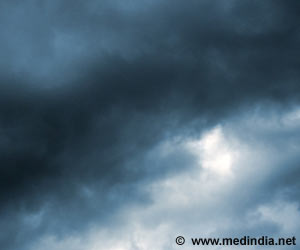Global warming is leading to unusual epic rains in Antarctica, which is in turn causing the region's penguins to freeze to death.
Global warming is leading to unusual epic rains in Antarctica, which is in turn causing the region's penguins to freeze to death.
According to a report in National Geographic News, since Antarctica's young Adelie and gentoo penguins are not yet equipped with water-repellent feathers, they freeze to death when the mercury dipped below the freezing point."Many, many, many of them-thousands of them-were dying," said Explorer Jon Bowermaster, who had been in the region on an expedition funded in part by the National Geographic Society's Expeditions Council.
The experience, he added, painted a clear and grim picture of the impact of global climate change.
"It's not just melting ice. It's actually killing these cute little birds that are so popular in the movies," he said.
The freezing of chicks is just one example of how human activity is endangering about two thirds of all penguin species, according to a new paper based on decades of research and observations.
The conservation biologist behind the paper, Dee Boersma of the University of Washington, points out some of the many ways penguins are suffering, such as by ingesting oil from spills, by being run over by tourists, by having their nesting times confused by climate change, and by losing their prey to changing currents.
Advertisement
The colony has also lost members to fishing nets, starvation linked to overfishing, and shifting ocean currents that force penguins to swim farther from their nests to feed.
Advertisement
Any studies that highlight changes in the marine environment, especially those in Antarctica due to global climate change, are valuable, she added.
Source-ANI
TAN/M











